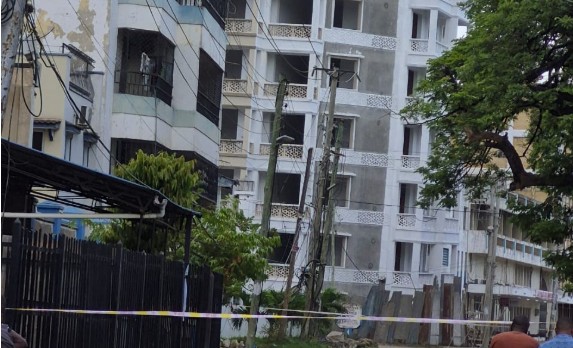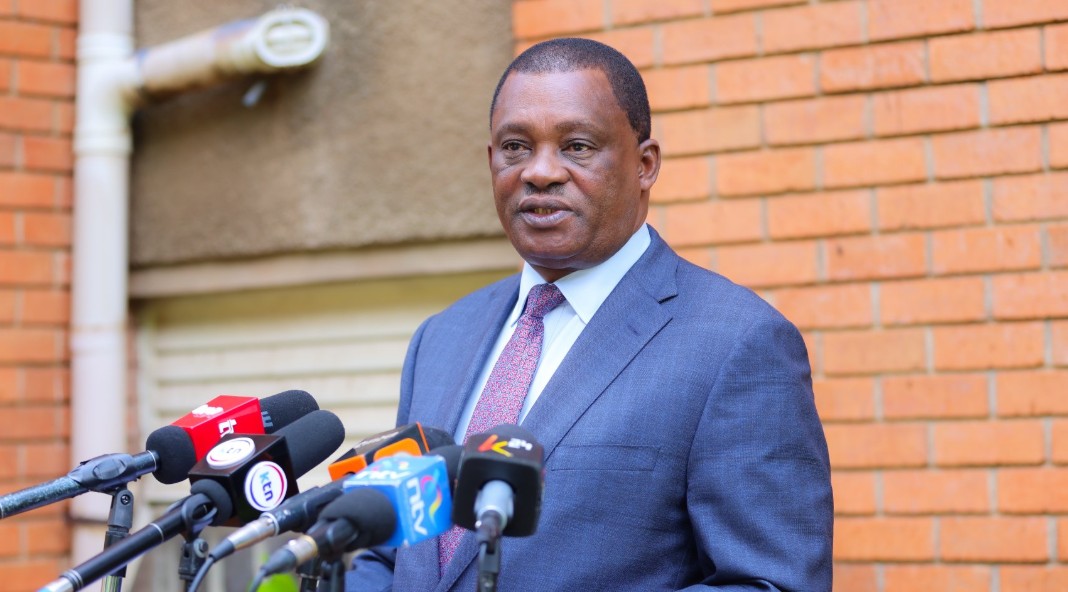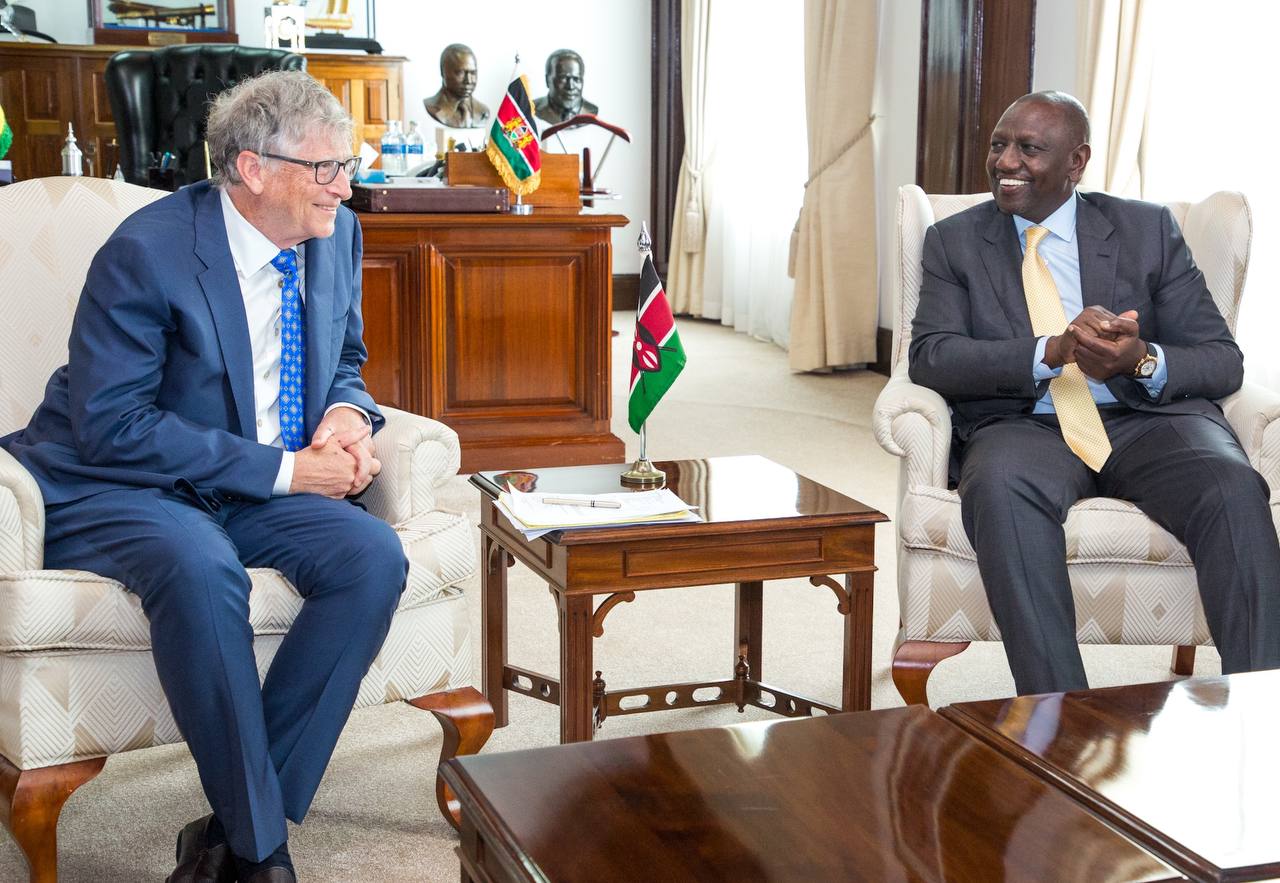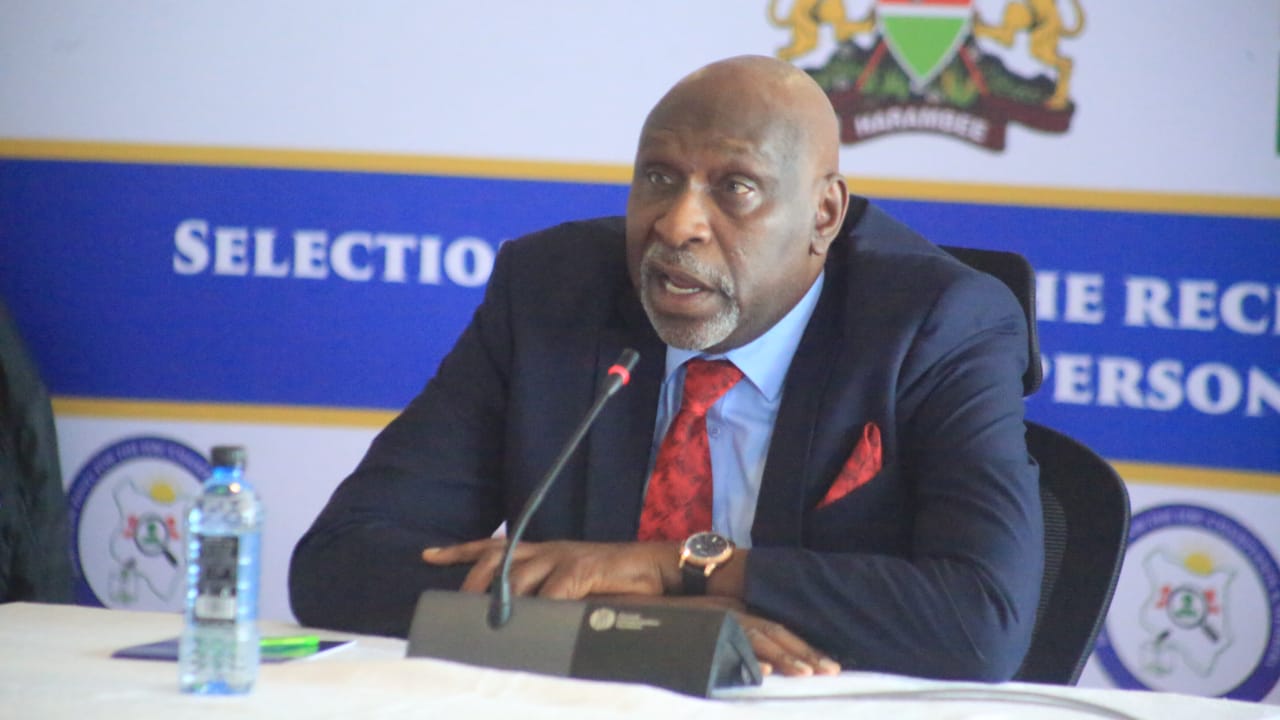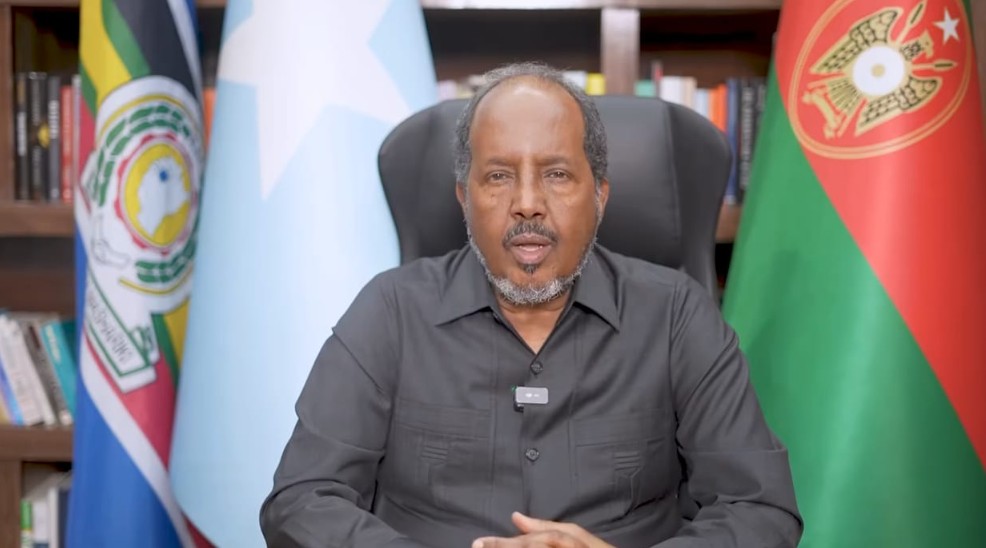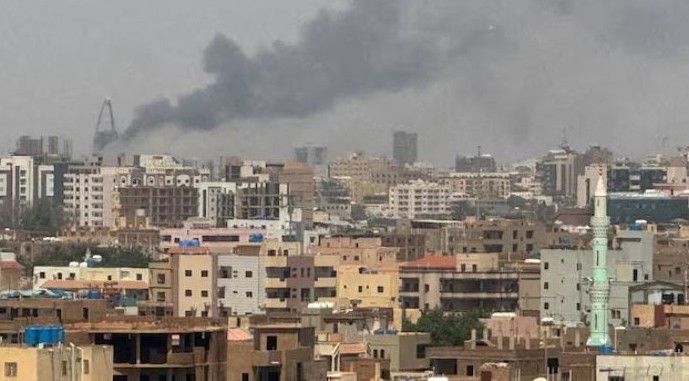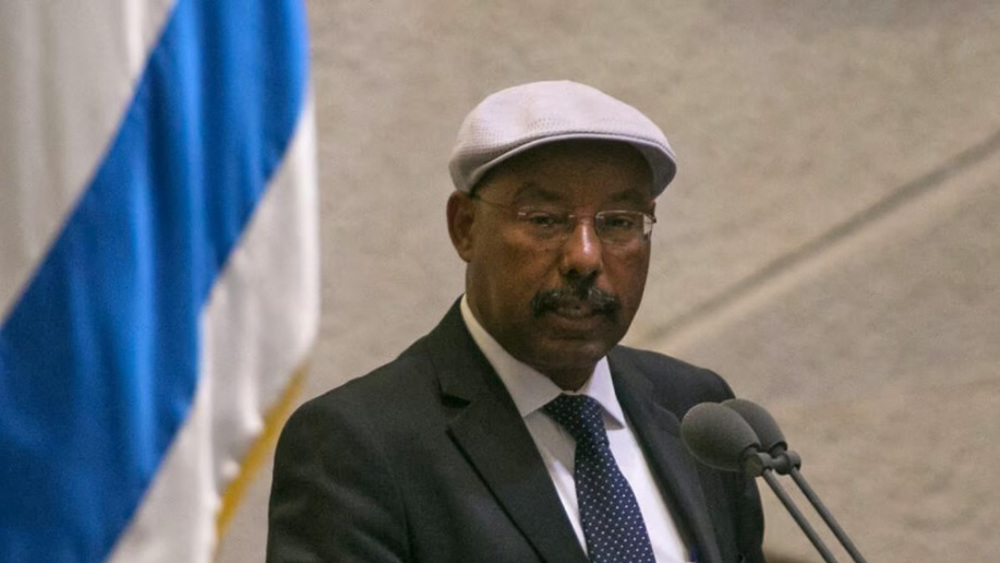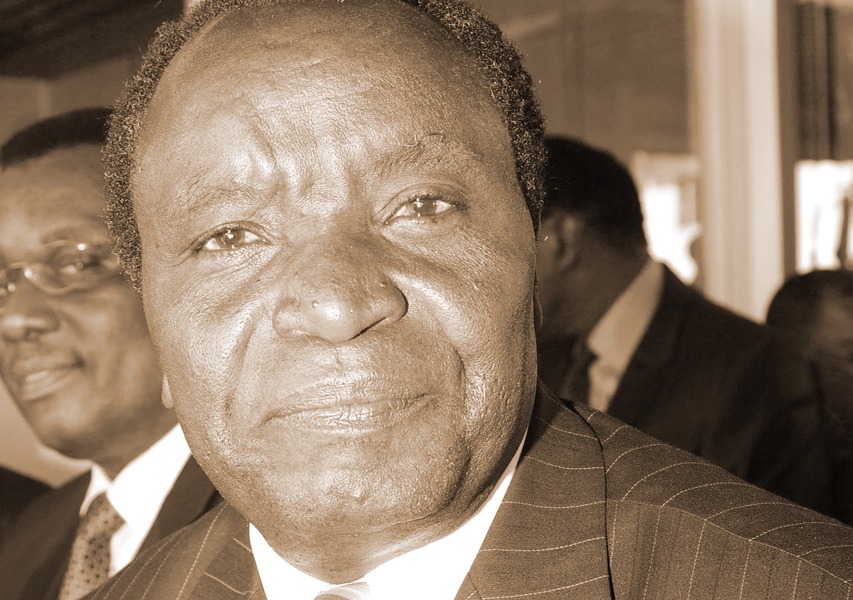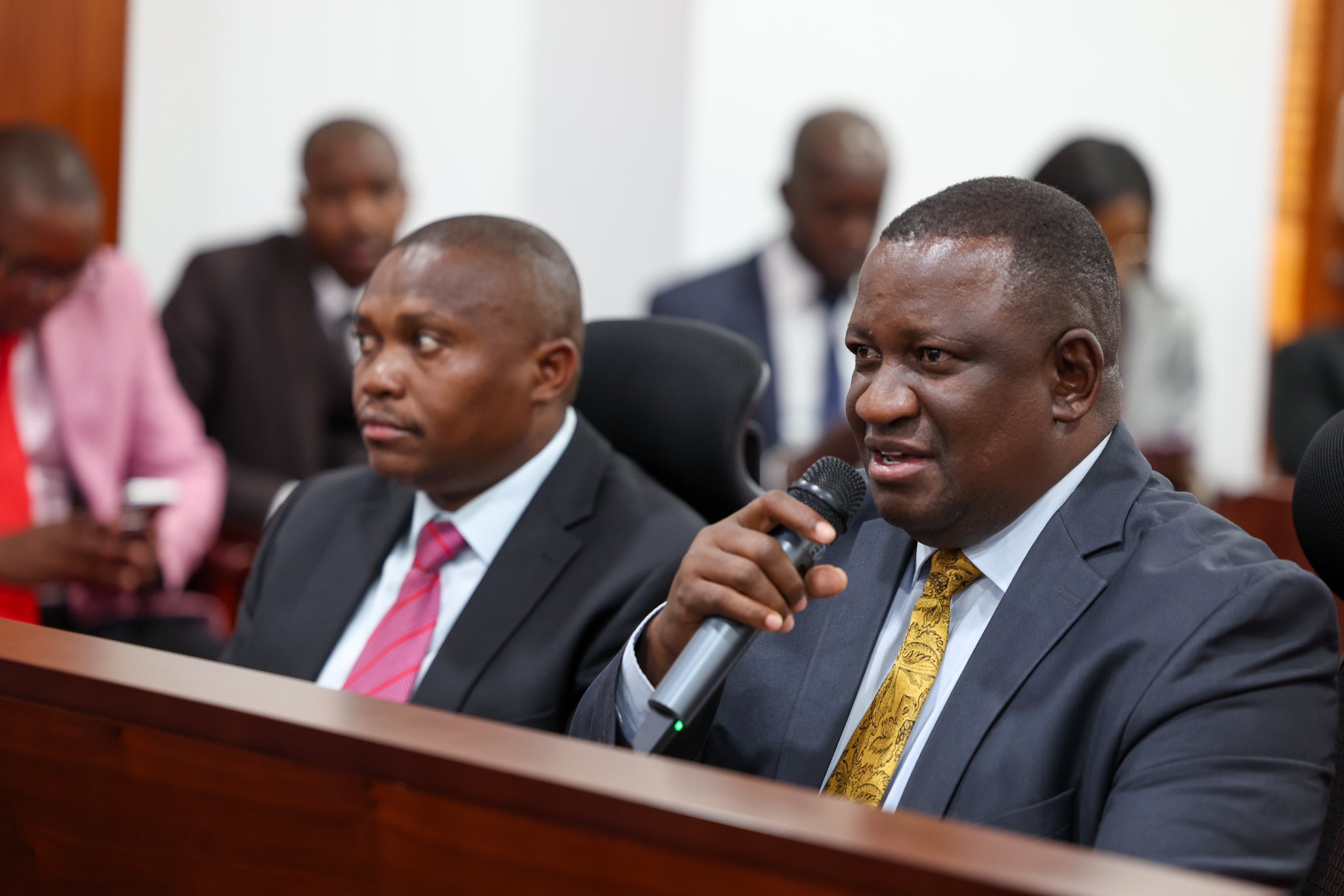Haiti's main international airport reopens after weeks of gang violence

US military planes have landed at the Port-au-Prince airport in recent weeks, with supplies as well as civilian contractors who are set to help Haiti prepare for the arrival of foreign forces to help quell the gang violence.
Haiti's main international airport which was closed down in March due to gang violence was reopened on Monday, paving the way for the supply of medical and other essentials to the Caribbean nation.
Toussaint-Louverture International Airport in Port-au-Prince was affected by the gang violence that has plagued the nation. But its reopening will alleviate a severe shortage of essential supplies, as the country’s main seaport remains paralysed.
More To Read
- MSS terms as propaganda video claiming to show missing Kenyan officer in Haiti
- Kenya's Haiti mission denies allegations of withholding information from officers' families
- Report highlights challenges Haiti mission faces in battling gang control over key urban areas
- Kenyan police officers in Haiti suffer more casualties in clashes with gangs
Currently, Sunrise Airways, a local carrier, will be the only one flying in and out of Port-au-Prince. Following the reopening of the airport, Sunrise Airways bound for Miami is scheduled to depart from the airport at 2:30 pm EDT on Monday.
US airlines are not expected to resume their flights to Port-au-Prince until late May or early June.
Before Monday's reopening, the sole airport operating in Haiti was located in the north coastal city of Cap-Haïtien but was out of reach for many seeking to flee the country.
This is because the roads leading from Port-au-Prince to Cap-Haïtien are controlled by gangs that have attacked cars and buses passing through.
As a result, the US government evacuated hundreds of citizens by helicopter from Port-au-Prince, along with nonprofit organisations, as gangs continued to wreak havoc in parts of the capital.
According to the Associated Press (AP), dozens of people lined up for hours at the airport before the first flight.
One of the customers told AP that she was happy as she had gotten a Visa to live in the US, but she was still sad since her other family were still waiting.
“I’m very happy, but it hurts that I’m leaving my husband and my son,” Darling Antoine said.
She noted that they applied for the Visa because gangs kept encroaching on their neighbourhood. “There are heavy gunshots every day and sometimes we have to hide under the bed,” she told AP.
Another resident, Jean Doovenskey, a 31-year-old accountant left unemployed by the violence, said he was authorised to live in the US and plans to stay with his aunt in Florida but hopes to return to Haiti one day.
“I believe in a new Haiti,” he told AP.
Gang violence
The gangs have been conducting coordinated attacks, demanding the resignation of then-Prime Minister Ariel Henry. He agreed to step down in March.
Nine members of the transitional council have now been sworn in to lead the country, seven of whom have voting powers. Henry's finance minister, Michel Patrick Boisvert, will serve as the interim prime minister.
In recent weeks, tens of thousands of people have fled Port-au-Prince.
The United Nations reported that over 2,500 people were killed or injured from January to March, a 50 per cent increase from the same period last year.
According to AP, US military planes have landed at the Port-au-Prince airport in recent weeks, with supplies as well as civilian contractors who are set to help Haiti prepare for the arrival of foreign forces to help quell the gang violence. Some Kenyan security personnel have already arrived in Haiti.
On Sunday, Foreign Affairs Principal Secretary Korir Sing’oei announced that the plan to deploy police officers from Kenya was in its final stages.
Sing’oei noted that the UN-backed peacekeeping mission is progressing, with Kenya leading the multinational security force. He confirmed that preparations are underway and that the deployment will occur in the coming weeks.
“The government is in the process of finalising preparation to deploy. I can tell you for sure that that deployment will happen in the next few weeks,” he said.
He added that Kenya has been in "preparatory mode" and will be honouring a reciprocal agreement signed between the two nations which provides guidelines on how the deployment will be effected.
Top Stories Today
